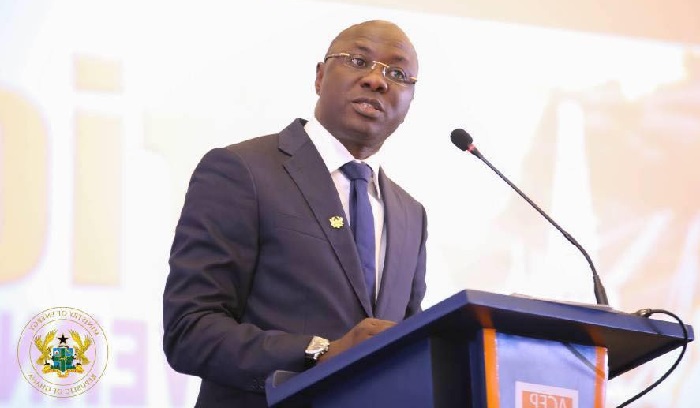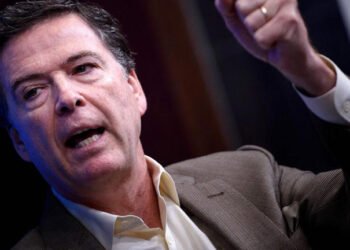The Deputy Energy Minister, Dr. Mohammed Amin Adam suggests that ex-President John Dramani Mahama cannot take credit for rural electrification projects although a publication by the World Bank says otherwise.
Dr. Adam rather attributed the World Bank’s rating to the John Agyekum Kuffour-led regime, claiming that the rural electrification project documents were signed in the era of ex-President John Agyekum Kuffour.
“How many rural electrification projects did John Mahama sign?” he quizzed.
To buttress his point, the Deputy Energy Minister said,
“Most of the rural electrification projects were signed by the Kuffour government and a lot of them were ongoing at the time that the Kuffour government left office”.
Discussing energy related projects on the PM Express, Dr. Adam questioned the World Bank’s criteria for such a decision.
“I don’t know the basis the World Bank has used, to credit the increasing access to John Mahama”.
“When you start the rural electrification project, a lot of them take up to five years to six years to complete”
he revealed.

Explaining further, he said “a $90 million International Water and Electric Corporation Project which was signed by the Kuffour government and was expected to bring electricity to 580 communities. At the time the Kuffour government left office, only 300 communities had gotten access. The remaining 280 continued till 2010”.
Adding another example, he said “SHEP-4 phase 2 project which started under the Kuffour government was expected to send electricity to 586 communities. About 180 communities were given access at the time the Kuffour government left office and that project continued up till even today”.
Commenting on the recent projects being undertaken to improve on rural electrification, the deputy minister said, “we have signed three new turnkey projects. The first one is Sinohydro. We have signed another one which is Tropical. We have signed the phase-2 of the China Water”.
Dr. Adam, who is also the Member of Parliament for the Karaga constituency added that
“The China Water, was ongoing until last year when we had to sign the phase-2; when it hadn’t ended. I don’t think you’d have expected the government to sign the phase-2 when the project was still ongoing. So, we found the need to sign Phase-2 of it in order to expand access further”.
Recently, a publication by the World Bank indicated that Ghana witnessed a 12% growth in rural electrification between 2012 and 2014 under the John Dramani Mahama government. Comparatively, the World Bank revealed that rural electrification increased by almost 1% under the incumbent Akuffo-Addo government between the period of 2016 and 2018.
In a recent release on the performance of the electricity subsector, Ghana recorded the highest year-on-year quarterly GDP growth rate of 16.0% for the second quarter of 2020.
Taking a cursory look at the political atmosphere in Ghana ahead of the December 2020 elections, the provision of reliable data on government’s performance across relevant sectors of the economy would be relevant in the decision-making process of the average Ghanaian.



















